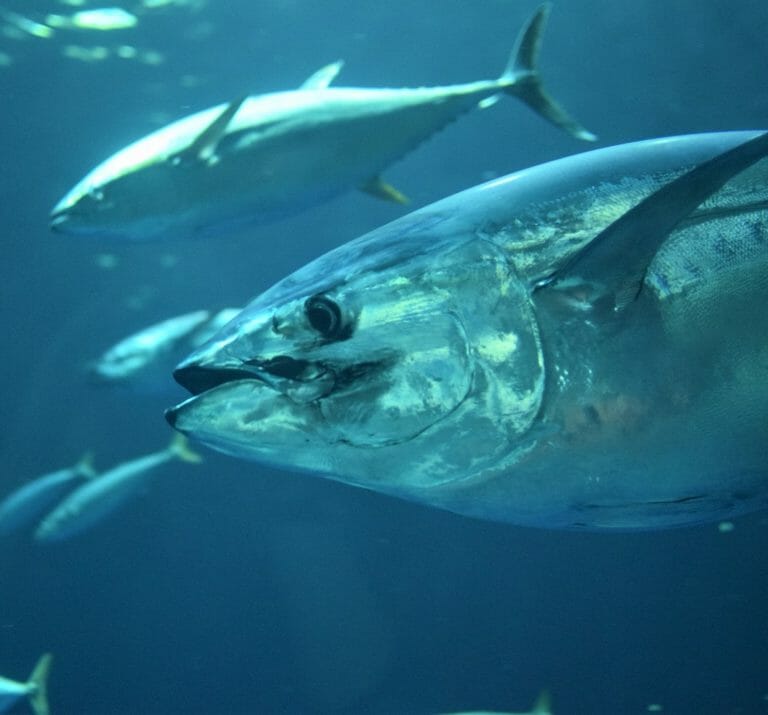
Newly released research from the International Union for Conservation of Nature (IUCN) of the status of commercial tunas was compiled by a team of ASU researchers, led by associate center director of CBO Beth Polidoro, in collaboration with assistant research professor David Shiffman, post-doc Krista Kempinnen, and the IUCN SSC Tuna and Billfish Specialist Group, chaired by Bruce Collette.
They found that four tuna species are on the path to recovery due to strict enforcement of fishing quotas, according to the update of the IUCN Red List of Threatened Species, released at the IUCN World Conservation Congress in Marseille. However, according to the report, “recovery comes in the midst of growing pressures on marine species, with 37% of the world’s sharks and rays now threatened with extinction primarily due to overfishing, compounded by loss and degradation of habitat and climate change.” There is still work to be done by way of sustainable fishing practices.
In continuation of this work, the group is now focused on completing Red List Assessments for the remaining 55 species tunas and billfishes, including the commercially important swordfish, marlins, and mackerels.
“I think the good news is that sustainable fisheries are possible,” says Beth Polidoro, a marine biologist at Arizona State University. “We can eat fish sustainably and without depleting the population to the point where it is on the road to collapse or extinction.”
At the same time, she warned that the changes in status should not be an incentive to lift quotas and catch as many fish as we want.
“We need to keep doing what’s working,” Polidoro says.